We all love to recycle, but I’ll be the first to say that I don’t always know what to do with my recyclables. Sometimes the rules of recycling can get me down as there are different recycling codes and recycling companies that don’t always recycle the same things.
So how can you ensure that you’re actually recycling the stuff you put in your recycling bin?
Let’s start with the basics.
What Materials Are Actually Recyclable?
There are numerous products and materials that can be recycled, but the main items you can recycle are:
- Metal
- Paper & Cardboard Products
- Glass
- Plastics
- Batteries & Light Bulbs
- Electronics

There are tons of things you use everyday that fall under these bigger categories of recyclables, so keep this list somewhere handy in case you forget!
- Metals - aluminum cans, foil & bakeware, steel & tin cans
- Paper & Cardboard Products - cardboard boxes, printer paper, newspapers, magazines & direct mail
- Glass - brown glass, clear glass, green glass
- Plastics - almost every kind of plastic can be recycled! Just be sure to check the recycling code and make sure your plastics are clean before being thrown into the recycling bin.
- Batteries & Light Bulbs - car batteries, rechargeable batteries, fluorescent & LED light bulbs
- Electronics - TVs, computers, computer equipment (keyboards, monitors, etc.), office equipment (printers, fax machines, etc.)
How Do I Recycle These Items?
Recycling these items can be tricky. But for most items other than plastic, there are specific recycling bins near you where you can drop off these items.
Metals
Metals are easily recycled as almost every kind of metal is easily processed during recycling. Not only do metals process easily, they are also of monetary value that help businesses produce more without using more resources.

Make sure that every metal object is clean and food-free before adding them to your recycling bin. Double check your recycling code list before setting your metals out on the curb. Here are the recycling codes for steel and aluminum metals to keep in mind before your next recycling pick-up:
#40 FE -- Steel Products
#41 ALU -- Aluminum Products
Paper & Cardboard Products

Paper and cardboard products are some of the most forgotten about recyclables. We use a TON of paper and cardboard every year so recycling these items is super important. Paper and cardboard products have their own codes for recycling, too:
#20 PAP -- Corrugated Cardboard (regular cardboard box material)
#21 PAP -- Non-corrugated Fiberboard or Paperboard (smooth, lightweight cardboard)
#22 PAP -- Paper
These items can be recycled curbside just like metals.
Glass
Glass is another popular recycled material. Clear glass makes up 61% of the glass used in the U.S. as businesses prefer to showcase their products. 31% of glass products are made with brown glass and the last 7% is made with green glass.

These darker colored bottles are used to prevent light exposure and product degradation, but all three of these glass colors can be recycled. Double check the codes on the bottom of your glass products with your recycling company codes before taking glass to be recycled:
#70 GLS -- Mixed Glass Products
#71 GLS -- Clear Glass
#72 GLS -- Green Glass
#73 GLS -- Dark Sort Glass
#74 GLS -- Light Sort Glass
Plastics
Plastics are the most difficult material to recycle as certain plastics are more “profitable” for recycling companies than others. Some companies may recycle all kinds of plastics, while others will only recycle a few. There are seven different types of plastics that can be recycled and it’s extra important to check the recycling code on the bottom of every plastic product before setting them out on your curb.
#1 PET(E) -- Polyester fibers, soft drink bottles
#2 PEHD or HDPE -- Plastic bags, plastic bottles, trash cans
#3 PVC -- Plastic bottles for chemicals, flooring, pipes
#4 PELD or LDPE -- Plastic bags, milk jugs, soap dispensers, plastic buckets
#5 PP -- Carry-out drink cups
#6 PS -- Toys, flower pots, coolers, carry-out food containers
#7 O (OTHER) -- Other plastics not included in the six categories above
Some say that recycling items like jugs, bottles, and jars are the best way to make sure these materials get recycled as companies tend to pick what gets recycled based on their use, color, shape, and size.
Batteries, Light Bulbs & Electronics
If you’re looking to recycle electronics, you can recycle these items at an electronic-specific bin or find a local electronics store that can recycle these items for you.
Many of these stores also accept light bulbs and batteries. Check for stores in your city like Batteries Plus or see your local auto parts store to recycle car batteries. You cannot recycle these items through your regular recycling service.
Reduce, Reuse, Recycle

The best thing to do with any product you buy is to reuse it as many times as possible before sending it off to be recycled. You won’t always know if everything you send to the processing plant gets recycled, so reusing the materials yourself is your own guarantee that it was recycled at least once or twice even if it’s not reused in a new product.
If you’re unable to recycle, do your best to reduce your use of single use products, like plastic grocery sacks, by using canvas or silicone bags that can be used more than once. Reuse the items you buy at the store, even if they are one-time use items, if at all possible. Last but certainly not least, be sure to recycle as much as possible.
If you’re unsure about whether or not your recycling company processes certain materials, give them a call or do some research on the internet to find the answers to your questions. Not every city, state, or country recycles the same way, but by following these simple guidelines you’ll be able to make a better educated choice when it comes to recycling. As always do your best to recycle materials that can be reused so we can keep our environment wild!
Narrator: This blog was thoughtfully written by Erin Maxson. You can find her on Instagram @withdogshetravels.

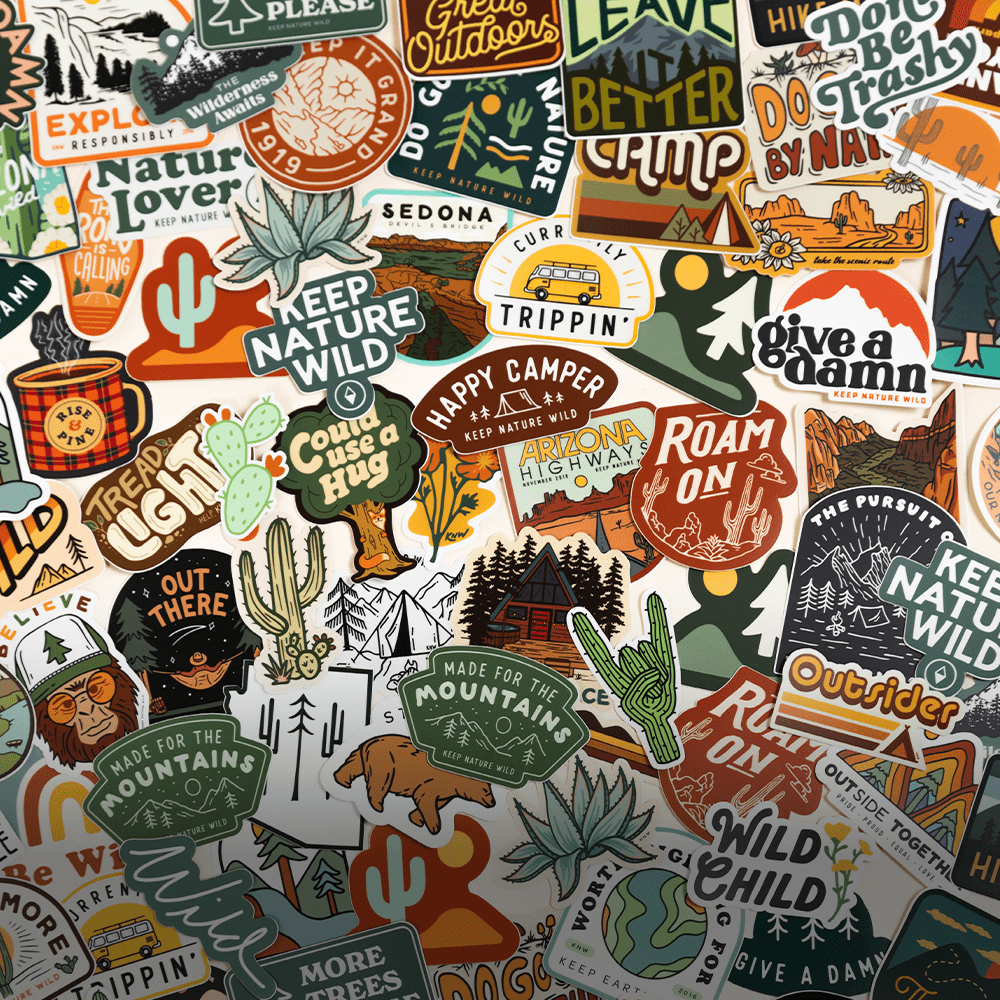
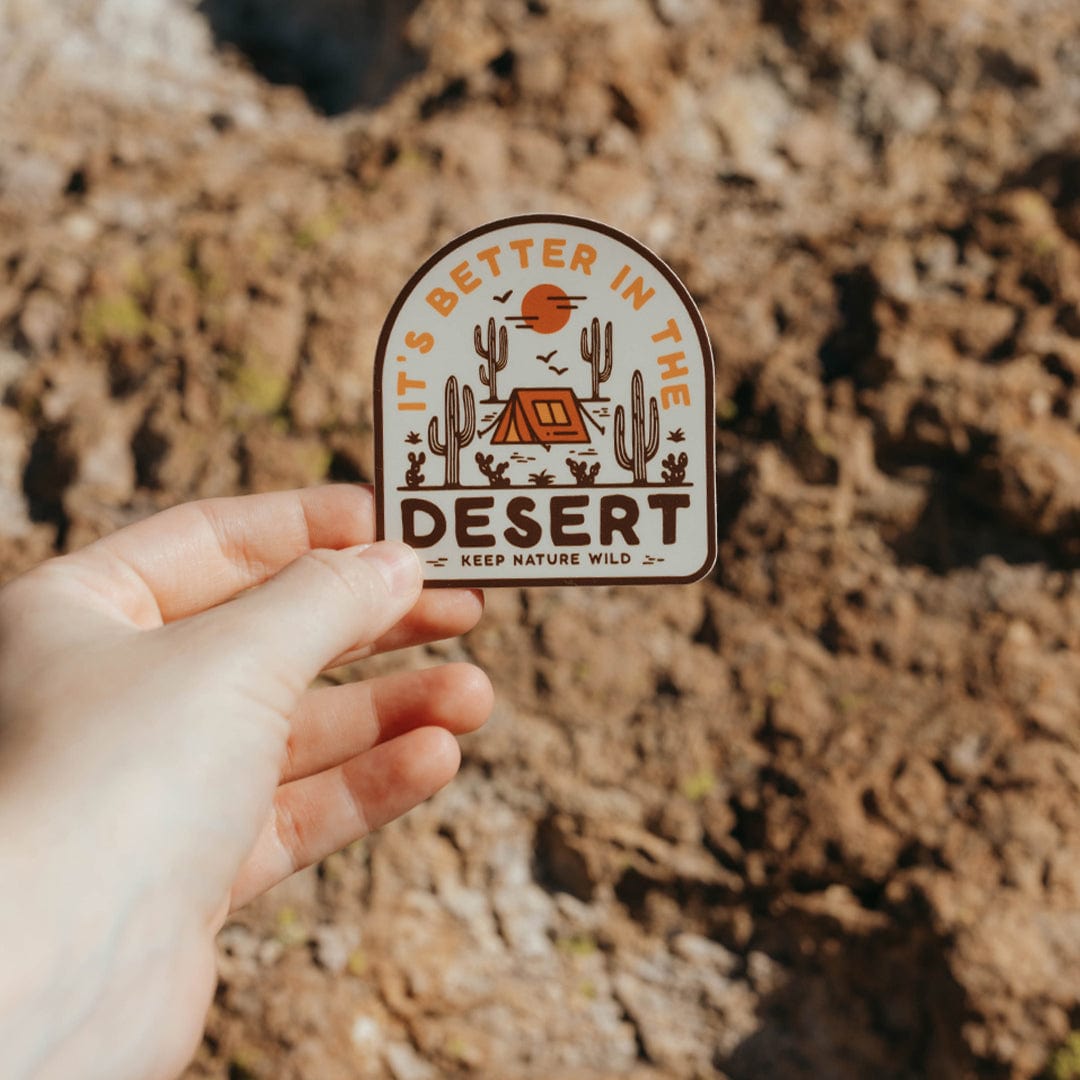
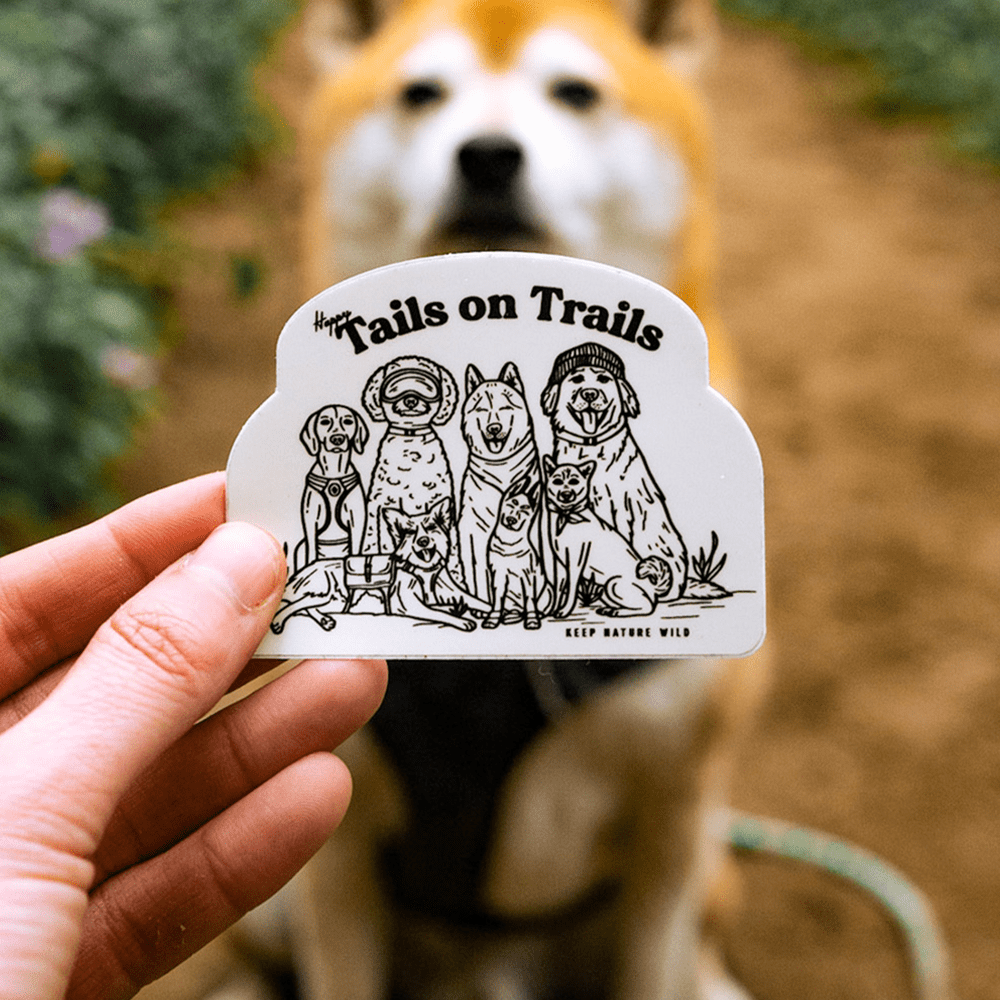
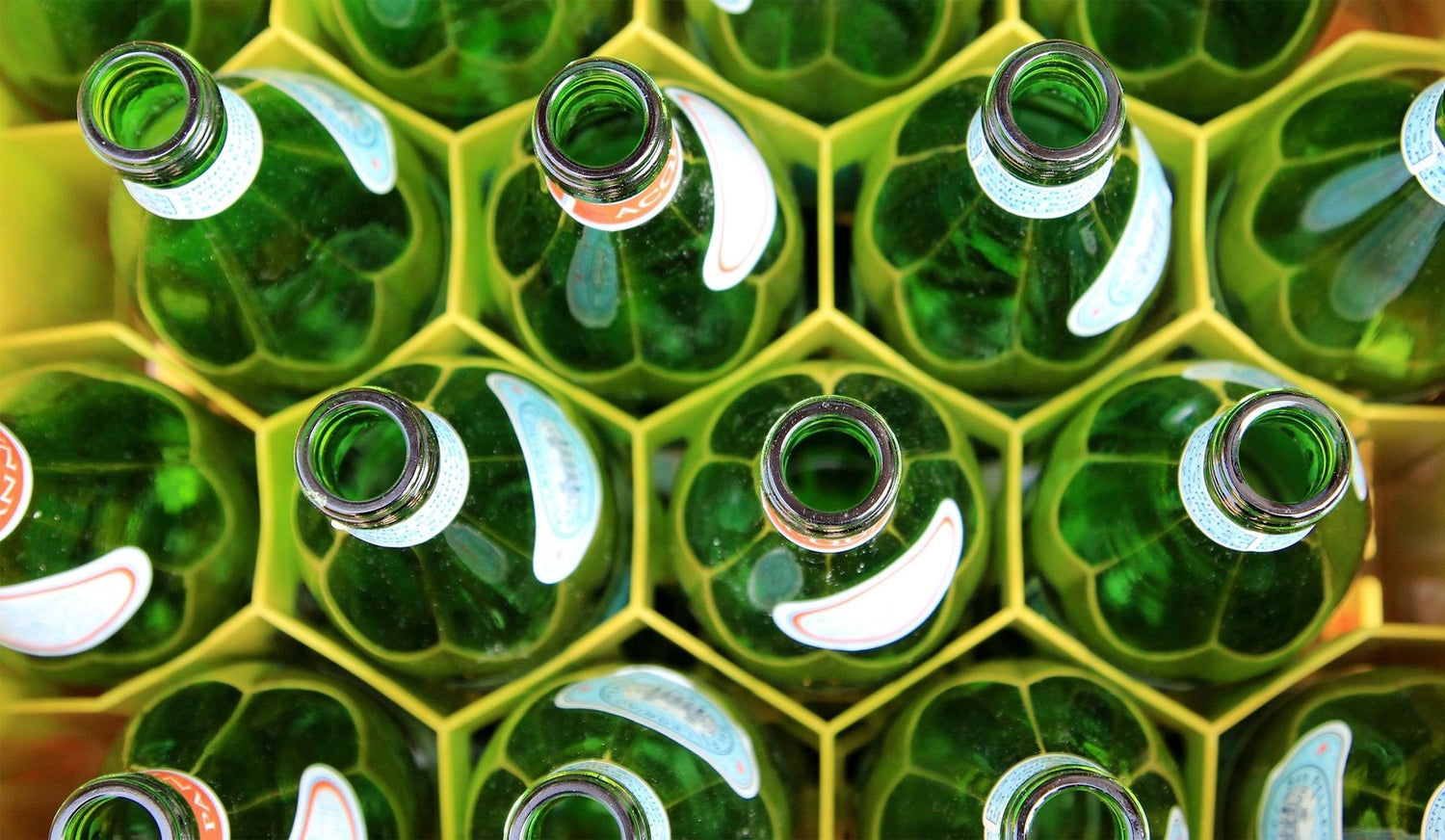

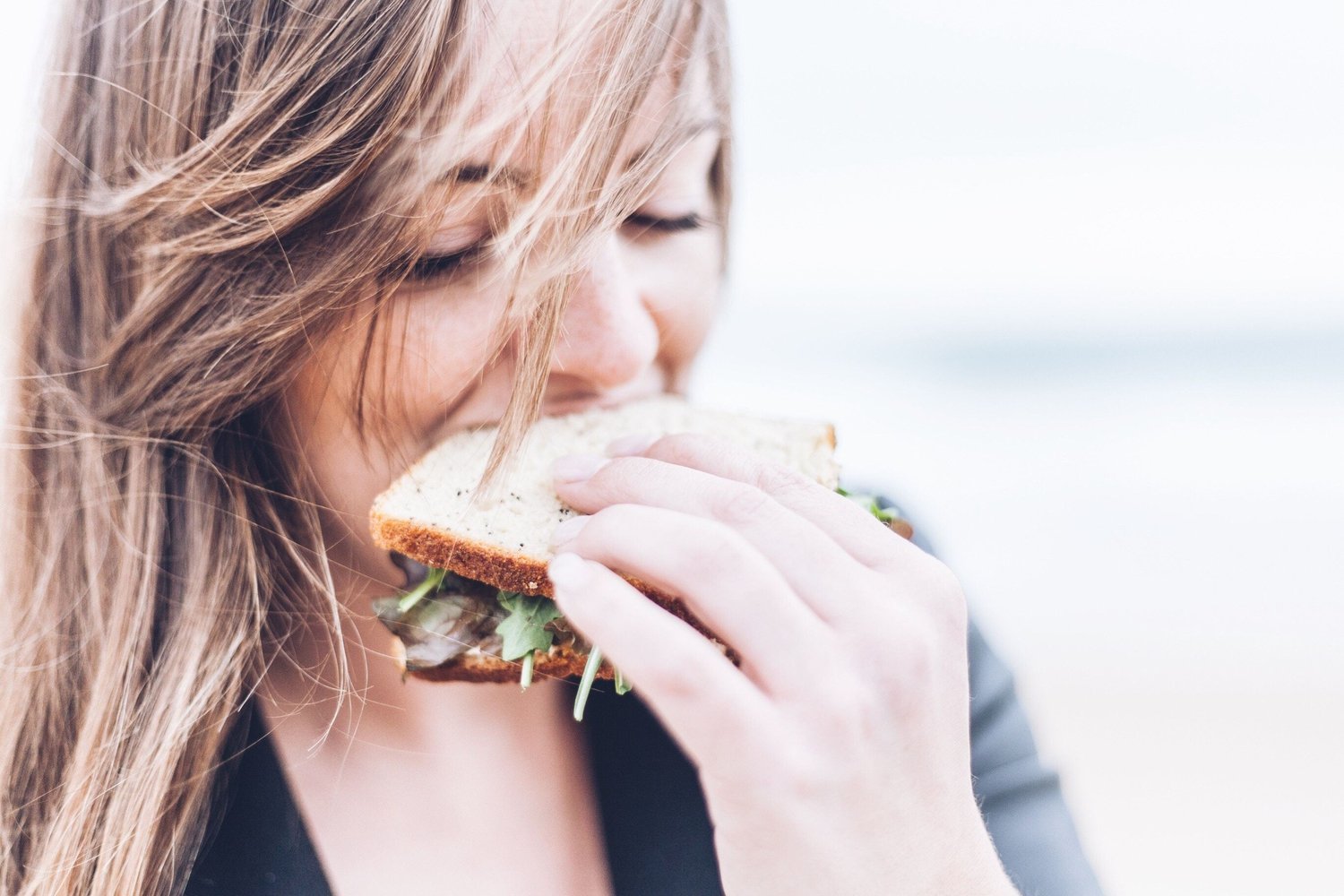
Leave a comment
All comments are moderated before being published.
This site is protected by hCaptcha and the hCaptcha Privacy Policy and Terms of Service apply.